This post may contain affiliate links at no additional cost to you. As an Amazon Associate I earn from qualifying purchases. Click to view our full disclosure.
What's inside
Fat has probably been the most misunderstood macronutrient: In the old days, when you need to lose weight for health reasons. Doctors would advise you to avoid fats entirely. A terrible idea. Also, a lot of misinformation has been spread about its role in several health conditions.
Luckily, thanks to advancements in science, we now know a lot more. Including the types of fats that could be detrimental to your health. And that is probably in foods you eat every day. I’ll get into what these foods are in a little bit later. But first, let me explain a little bit more about fats.
What are fats, and what are their key functions?
Fat is one of the three macronutrients. And is made up of a chain of carbons that are linked to hydrogen atoms. Because of this composition, fats can be liquid at room temperature, like vegetable oils. Or solid, like butter.
Fats should be an important part of your diet because they play a couple of key functions in your body:
- Energy source
- Keeps your body warm
- Builds cells
- Protects your organs
- Help your body absorb nutrients
- Produce hormones like testosterone
What are the different types of good fats and bad fats?
Related: Is Pizza Good For Bulking?
What’s even more important is to eat the right kinds of fats. At the right proportions. Because NOT all fats are created equal. You can make a distinction between the following types of fats:
- Monounsaturated fatty acids: Monounsaturated fatty acids is one of the two kinds of unsaturated fats. They can be found in foods like nuts, avocados and olive oils. And are considered a healthy kind fat.
- Polyunsaturated fatty acids: Polyunsaturated fatty acids is the other type of unsaturated fats. Polyunsaturated fatty acids can be broken down into two different types:
- 1.Omega-3 fatty acids: Omega-3 fatty acids is the type of fat you can find in a lot of fish. And plant-based foods, like walnuts, flaxseed, and coconut oil. People usually don’t get enough Omega-3 fatty acids from their diets. Which is why they’re also considered a healthy type of fat.
- 2.Omega-6 fatty acids: Omega-6 fatty acids are found mostly in liquid vegetable oils like sunflower oil, soybean oil, and corn oil. While Omega-6 fatty acids have important health benefits. Eating too much Omega-6 fatty acids can raise your bad cholesterol. And most people get too much Omega-6 fatty acids from their diet.
- Saturated fats: Saturated fat is the type of fat that is found in red meat, butter, and fatty snacks. Over the years, saturated fats have been the subject of much debate. While a lot of things are still unclear about saturated fats, research has shown that limiting how much saturated fats you eat has many health benefits. That’s why saturated fat is considered a“bad fat.” But only IN HIGH AMOUNTS.
- Trans-fats: Artificial trans fat is a type of saturated fat made from a process called “hydrogenation.” The goal of this process is to increase food preservation. That’s why trans-fats are found in foods with a long shelf-life. Trans fat can be naturally occurring in some foods. The problem is the artificial trans fat has health experts worried.
People Also Read: Good Carbs VS Bad Carbs. Avoid common carbs that cause major weight gain
What are the health risks of eating too many bad fats?
If you don’t avoid or limiting eating trans-fats. Or eat too much saturated fats, you’re at risk of:
- Gaining weight
- Raising your bad (LDL) cholesterol levels and lower your good (HDL) cholesterol levels.
- Developing type 2 Diabetes
- Developing coronary heart disease
- Increased inflammation
- Childhood allergies[1][2]
How you can make the right food choices
The big problem with trans-fats. It can be hard to avoid them entirely. Why? Because food manufacturers often do not have to include trans fats on food labels.
In the US, if a food contains less than 0.5 grams per serving, a manufacturer is allowed to label it as trans-fat free. In Australia, food manufacturers do not need to include trans fats on labels at all. The same goes for the European Union.
So, if that’s the case, how can you avoid them? One thing you can do is look at the food label: Does the food contain ” hydrogenated oils ”. This is a giveaway and better to choose a healthy alternative.
But this only gets you so far. Because it’s still possible that certain vegetable oils contain trans-fats, which are not on the ingredients list. So the best thing you can do is avoid this list of foods that are known to contain trans-fats. And stick to the foods that contain good fats.
Now remember saturated fats are fine to eat, but you should try to reduce your consumption to a few meals a week.
List of foods that may contain somewhat bad fats (and that you’re probably eating every day)
Saturated fats shouldn’t necessarily be considered bad fats, but you should reduce your intake to a few times per week and increase your good fats. Trans fats should be eliminated or reduced significantly.
- Some Margarines (Trans Fat)
- Whole-fat dairy products, cheese, milk, and cream (Saturated Fats)
- Fried foods like fried chicken, fried seafood and French fries (Trans Fat)
- Fatty or processed meats, like bacon, sausage, and chicken with skin (Saturated Fats)
- Red Meat, beef, lamb, and pork (Saturated Fats)
- Creamy salad dressings (Trans Fat)
- Pre-packaged foods like crackers, cookies (Trans Fat)
- Fast-foods like pastries, French fries, and hamburger (Trans Fat)
List of foods that contain good fats (that you should eat every day!)
- Avocados
- Ghee
- Eggs
- Dark chocolate – 70% Cocoa or higher
- Fatty fish
- Tofu
- Organic nut and seed butter
- Flax seeds
- Chia Seeds
- Edamame
- Almonds
- Olives
- Extra Virgin Olive Oil
- Yogurt
People Also Read: 12 Bedtime Snacks For Weight Loss
The Takeaway
Fat is not the bad guy it was once made out to be. And eating fat does NOT mean you will gain fat. But you still do need to make smart choices. Eating the right kinds of fats in the right amounts is crucial to your health.
So, eat a lot of foods with good fats listed above. Avoid foods that contain trans fats. And don’t eat too much-saturated fats daily.

